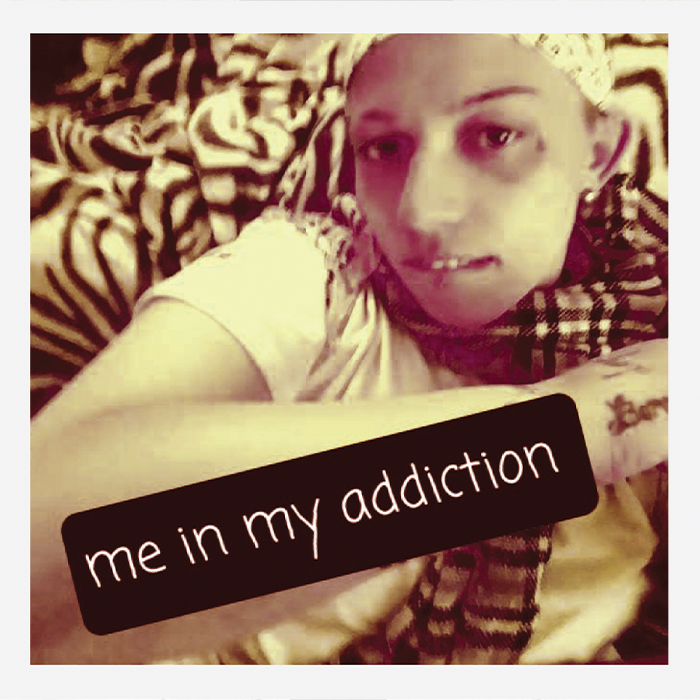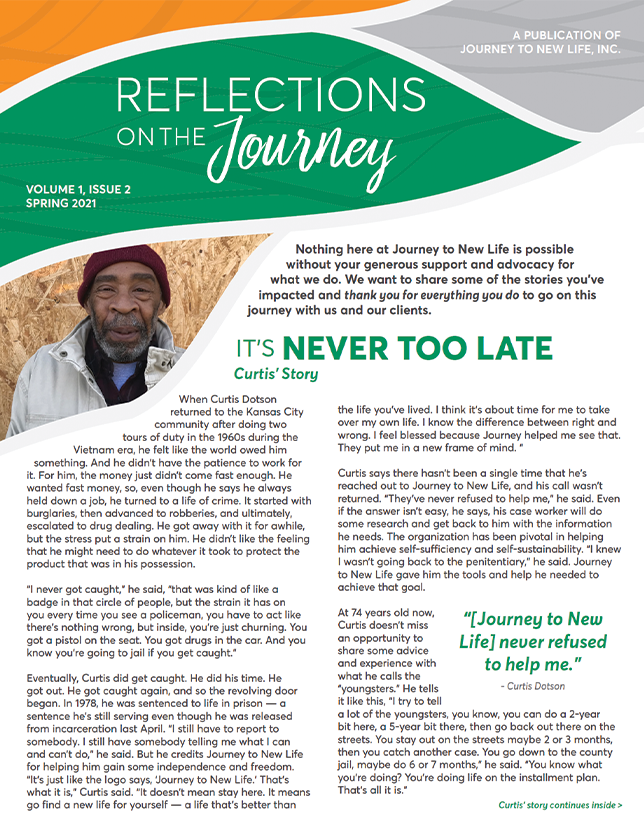
 Last month, Kevyn was on a video call with her grandfather giving him a quick tour of her apartment. Her grandfather was struck by something that probably seems almost insignificant to most of us. It was a small thing, but to her grandfather, it was a big sign that Kevyn had made a change for the better. During the virtual apartment tour, her grandfather noticed that Kevyn didn’t own just one flat screen TV. No, she had one in her living room and another in her bedroom. Kevyn recalled the conversation like this, “He said, ‘Wow, Kevyn, do you not see what you’re telling me?’ And I was like what, that I have TVs? And he said, ‘No, a few years ago, you would have been trying to sell those TVs because you were so far in your addiction. You would have never had a TV like that.’”
Last month, Kevyn was on a video call with her grandfather giving him a quick tour of her apartment. Her grandfather was struck by something that probably seems almost insignificant to most of us. It was a small thing, but to her grandfather, it was a big sign that Kevyn had made a change for the better. During the virtual apartment tour, her grandfather noticed that Kevyn didn’t own just one flat screen TV. No, she had one in her living room and another in her bedroom. Kevyn recalled the conversation like this, “He said, ‘Wow, Kevyn, do you not see what you’re telling me?’ And I was like what, that I have TVs? And he said, ‘No, a few years ago, you would have been trying to sell those TVs because you were so far in your addiction. You would have never had a TV like that.’”
Kevyn has come a long way indeed. It’s rather shocking to hear how calmly and matter-of-factly Kevyn describes the trauma of her childhood and her interactions with the justice system as a young adult. At just 29 years old now, she demonstrates a strength and maturity well beyond her years. Kevyn’s youth was plagued with instability, fear and uncertainty as she ping-ponged between the normalcy of her grandparent’s home and the chaos of her mother’s.
At a mere three years old, Kevyn went to live with her grandparents because her mother had fallen into addiction after her husband committed suicide. At 11, Kevyn was sent back to her mother’s care. “My mom was with a different man at this point, and they were cooking meth and doing all these things,” she said. “That was very traumatic because while living with my grandparents until I was 11, I was raised in church. We sat down and ate dinner together every night. We prayed together. I was dressed nice for school. Everything was a perfect childhood until I was 11.”
 She goes on to describe her experience, “When I went to live with my mom, there was barely ever any food in the house. Her boyfriend beat her all the time. I would cry and tell him to stop and stuff. A lot of nights, I would make myself stay up. Once my baby brother was born, I would make myself stay up at night because my mom would take so many pills that she’d fall asleep with a cigarette, and I was afraid she was going to burn our house down.”
She goes on to describe her experience, “When I went to live with my mom, there was barely ever any food in the house. Her boyfriend beat her all the time. I would cry and tell him to stop and stuff. A lot of nights, I would make myself stay up. Once my baby brother was born, I would make myself stay up at night because my mom would take so many pills that she’d fall asleep with a cigarette, and I was afraid she was going to burn our house down.”
Not surprisingly, Kevyn’s schoolwork suffered. She was so exhausted that she’d fall asleep in her classes. Her grades declined. When she was 15, her grandfather stepped in and gave her a job at his business. She saved enough money working there to get a car with a little help from her grandparents. But her mother’s addiction never waned, and that left Kevyn feeling alone. It also led to her experimenting with cocaine. In her mind, she wanted to understand why her mother chose drugs over her. Then, in her sophomore year, she dropped out of high school. She said that was the beginning of a downward spiral. “Things were really downhill from there,” she said. “I had all this free time. I started running with the wrong people. I was introduced to heroin when I was 17. I started snorting it. By the time I was 18, I was a full IV user. Things really spiraled out of control from there.”
And then she became involved in the justice system. For the next 8-10 years, she ping-ponged in and out of trouble inside and outside of prison. “Every crime I’ve ever committed, I was under the influence,” she said. “When I’m sober, I would never do the things that I did when I was high.”
Today, Kevyn is sober. She says something finally changed in her while she was in prison. She realized she was wasting so much time being in trouble that she was missing opportunities to become a better version of herself. She started taking classes. She completed her GED. She got several certifications, and by the time she was released, she’d developed a new confidence she’d never experienced before.
Kevyn entered Journey House when she was released from prison last August, and since then, she’s progressed so positively so rapidly that for the first time, she’s able to celebrate having completed the requirements of her sentence and her probation. She credits the welcoming and supportive environment that she experienced at Journey to New Life for keeping her on track. “I think that Journey to New Life saved me,” she said.

